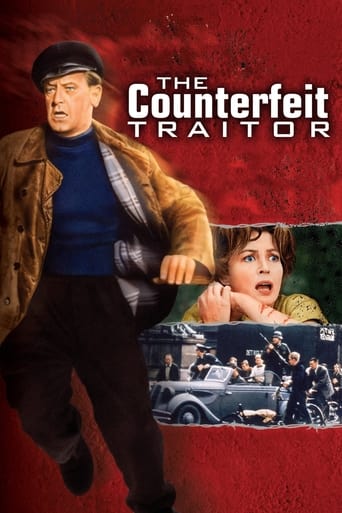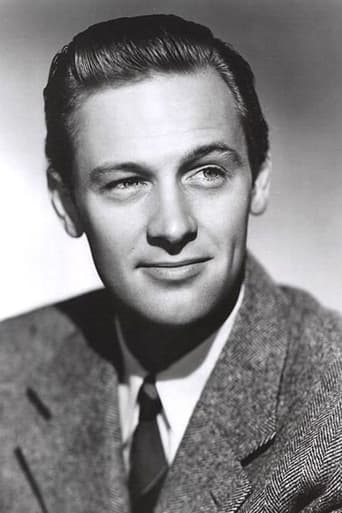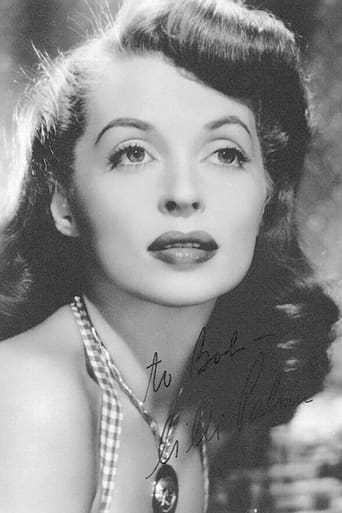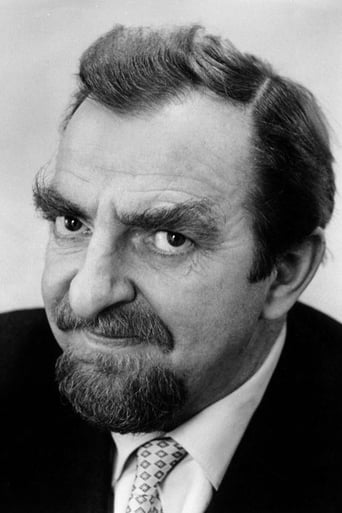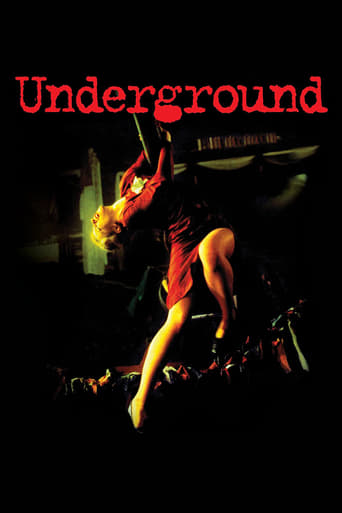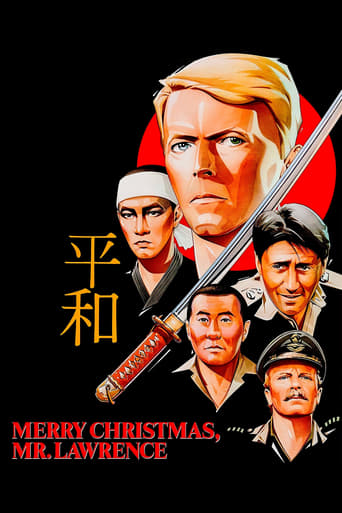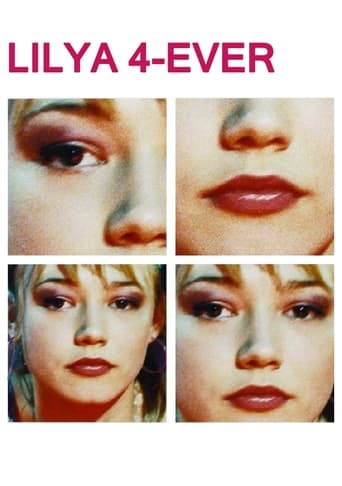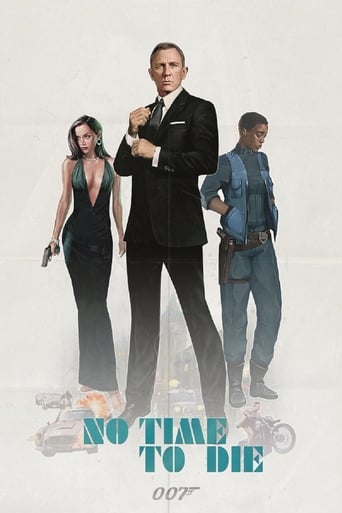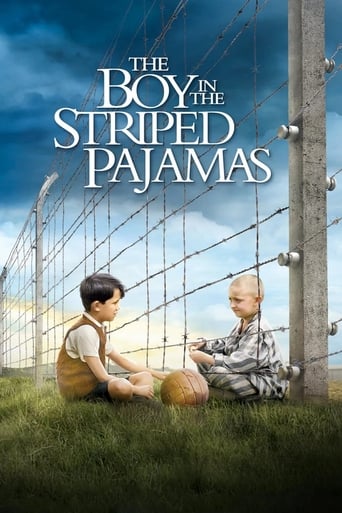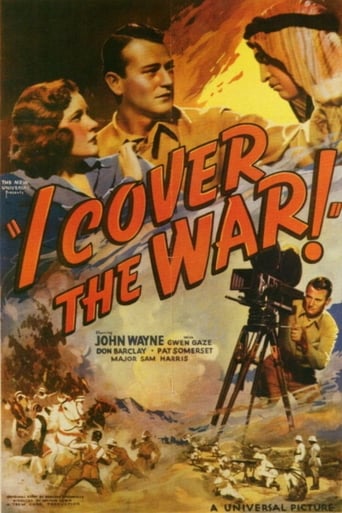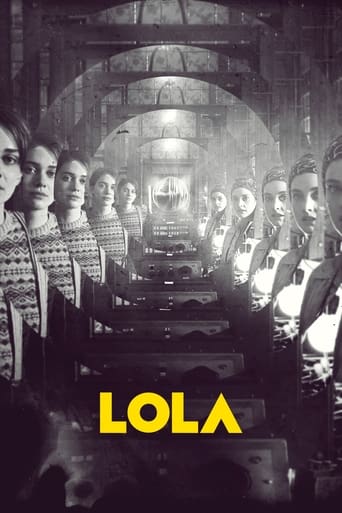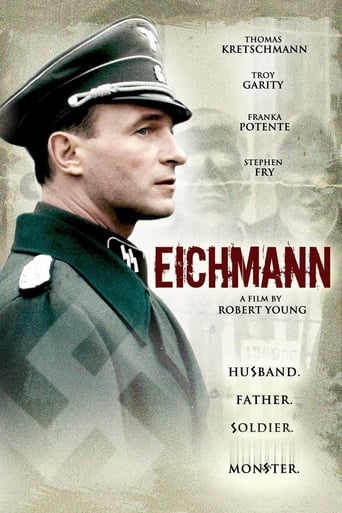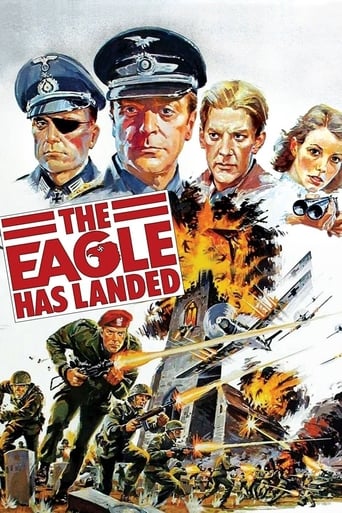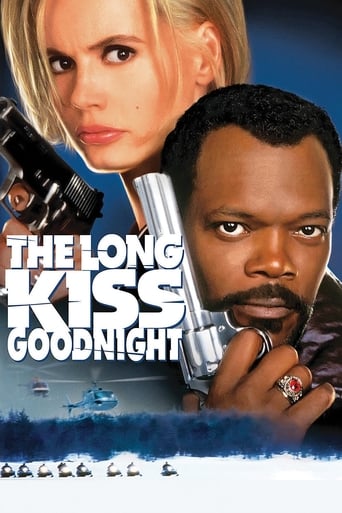The Counterfeit Traitor (1962)
Blacklisted in modern day WW2, a Swedish oil trader opts to assist British Allies, by means of infiltrating and surveying Nazi Germany.
Watch Trailer
Cast


Similar titles
Reviews
If the ambition is to provide two hours of instantly forgettable, popcorn-munching escapism, it succeeds.
Exactly the movie you think it is, but not the movie you want it to be.
Blistering performances.
While it doesn't offer any answers, it both thrills and makes you think.
NOTES: The real-life Eric Erickson was 72 when the film was released, living in "quiet retirement" in Sweden and on the Riviera. He was re-instated in the eyes of his family and friends at a luncheon in his honor in Stockholm on 4 June 1945. Erickson told reporters in 1962 that he still carried in his wallet a photo of Marianne Mollendorf. Location scenes filmed in West Berlin, Hamburg, Copenhagen, Stockholm, and coastal villages of Sweden and Denmark.PRINCIPAL MIRACLE: A real-life story filmed without any major distortions.COMMENT: A well-produced and reasonably exciting spy thriller, which could have been even more forcefully dramatic given sharper playing - especially by the male lead - and more stylish direction. Oddly, none of my American colleagues agree with the above exceptions. All think Holden's performance extremely able, Seaton's direction sharp and vibrant. Not until I read the overseas reviews did I find myself no longer the odd critic out. It's not just simply that Holden plays Holden rather than Erickson, but that his performance for the most part is so tired, jaded, flat and shallow. Rarely does Holden bring Erickson to life. More often he is just an actor who has memorized his lines but mouths them with little expression and no conviction. As a director, Seaton can certainly stage his scenes competently, but he seems to go out of his way to avoid the extra punch of atmosphere and style. With Seaton, the script's the thing. He feels his immortal words need no embellishments. Certainly there is a bit of occasional action, but the dialogue scenes are all played slowly, methodically and monotonously. I'm mighty sick of the sight and sound of most of the players by journey's end. Particularly Hugh Griffith and Ernst Schroder. Those players I still like - Wolfgang Preiss as the Gestapo colonel and Charles Regnier as a German embassy official - have had the good sense not to out-stay their welcome. Even Lilli Palmer, fine actress though she generally is, gives an uneven account of herself here. Seaton's problem as a director is that he's afraid to let himself go. Afraid to trim superfluous or long-winded dialogue, afraid to let his cameraman throw a few mood shadows across his actors' faces, afraid to fully utilize the scenic impact of his real locations, afraid to clap on the pace. To George Seaton, shears and shadows are the enemy. OTHER VIEWS: Ingmar Bergman fans in particular and admirers of Swedish cinema in general are unlikely to be enamored of the cursory treatment accorded Ulf Palme and Eva Dahlbeck, whilst Klaus Kinski followers will be forced to wait a mighty long time to see their idol do a three-minute, no-dialogue stint (though it is one of the most memorable moments in the film). But then neither the Bergman nor Kinski cliques are likely to want to see The Counterfeit Traitor anyway. For $4½ million, neither the producer nor picturegoers seem to have gotten equivalent value for their money. Nonetheless, this picturization of a real-life drama does maintain a high degree of suspense throughout the twists and turns of an often hair-raising plot. Real locations help authenticity, and the principal players (in particular Holden, Palmer and Griffith) come across with honor. - JHR writing as George Addison.
I'm torn over this movie. I remembered seeing it years ago on TV and was blown away by it, so when I saw the DVD was available, I bought it. And despite remembering basically what happens through the movie, I still found myself engrossed in it. But it took some doing, that's for sure.To begin with, it now irritates the hell out of me to see a movie that is set in the forties having women dressed in modern clothes, even though I know it was common in the 50's and 60's for movies to do that (up to BONNIE & CLYDE, basically). The worst example of this is IN HARM'S WAY, that has one woman in a near mini skirt even though it's supposed to be taking place the night before Pearl Harbor. Well, you got that in this one -- Lillie Palmer decked out in the latest fashions of 1962, even though the movie's set twenty years earlier. It's a glaring fault that makes it hard to take the story seriously.Second is the incessant voice over that tells us what we're seeing and how we should be feeling about it. Hate that.Third is the complete lack of chemistry between Lilli Palmer and William Holden, both of whom have been bright and sexy in other roles. I don't know what the problem was, but they act more like they can barely stand each other than as the romantic leads.I think the fault lies mainly with George Seaton, the director. He is a GREAT writer...but as a director he does not understand his scripts and cannot seem to shape them into anything that approaches the hyper-reality of great cinema. I keep thinking of what Alfred Hitchcock could have done with this story, how sexy and scary it would have been.But that's wishful thinking, and even with these flaws, the truth of the story builds and captures you and intensifies and provide some powerful moments. I was engrossed, despite myself. Here's a good movie ripe for a remake with an international cast done by someone like Spielberg or Weir. No counterfeit directors, those two; the only one is the one who directed THIS movie.
Born in Brooklyn, Eric Erickson (William Holden) is a naturalized Swedish businessman neutral enough to deal with both the Germans and Allies, until he discovers his name on a published list of Nazi sympathizers...Shocked and angry, he soon discovers that his inclusion on that list is a device to force him to work for British Intelligence whose representative, a sarcastic Collins (Hugh Griffith), he meets at the Stockholm Grand Hotel...Collins not only admits the blackmail, but compounds it by having the conversation taped to enforce Eric's cooperation, since the Swedes strongly value their neutrality... Disarmed as well as astonished by Collins' cynicism, Eric has to agree to become a spy, while the spy master, between courses of his luncheon, admits he would 'deal with thieves, liars, procurers, traitors, and sluts' to get the job done...Not only must Eric supply information on the German oil industry, he also has to act the part of someone on the Allied blacklist... Despite his real sympathies, Eric must make spiteful remarks about the Allies, and more importantly, has to drop sneering remarks about Jews and to insult publicly his Jewish best friend within hearing of the German ambassador... The friendship with the Third Reich's diplomat is needed to secure official sanction for Eric's plan to construct German oil refineries in Swedenthe means by which he is to secure the information the Allies want... Eric not only humors the optimal negotiator, he also promises him a share in the company he is forming and charmingly pays him the money lost in weekly bridge games... Eric begins his frequent business trips to Germany with a gala reception during which he makes contact with another agent, an irresistible woman with whom he is to pretend to have an affair, Mariana (Lilli Palmer).Mariana, wife of a high-ranking German officer, is both an idealist and an efficient spy... She would embrace and kiss Eric for the sake of any Gestapo man trailing them and then shake hands before getting down to the business of encoding messages... Her shock at Eric's selfish reasons for being a spy contrasted with her own, a firmly loyal belief in the Catholic religion to fight the Anti-Christ, Hitler... In perhaps the film's most moving scene, she tells Eric that 'one must not think of the war simply in terms of hundreds of tanks and thousand of planes and units of men, like some sort of wrestling match on a gigantic scale... but in terms of a single truck on its way to a concentration camp and what's shivering inside in.'Unlike many other spy films set during the war, 'The Counterfeit Traitor' stressed the personal and emotional cost of espionage: Eric, the spy-against-his-will, had not only to forsake his wife and friends who were upset by his apparent Nazi sympathies, he had also to witness Nazi atrocities... George Seaton's 'The Counterfeit Traitor' is sobering to a remarkable degree, mostly when Marianne discovers she has given her confession not to a priest; the questioning of Eric in Berlin's basement cell; Hitler Youth member Hans Holtz stealing Eric's briefcase with incriminating letter; and Eric's confrontation with Gestapo man Jaeger...
Well made with good elements of suspense and done before spy movie characters became stereotypes and devices such as cyanide pills became cliches. There are several good performances, including Holden at his grim best and a very good cameo by Klaus Kinski who plays a refugee Jew dying of fever. I thought he looked familiar but I couldn't place him until I saw the credits on IMDB. The boy who played the Hitler Youth member was also very convincing. The locations gave a nice sense of authenticity and the escape scene through Copenhagen traffic was very moving.

